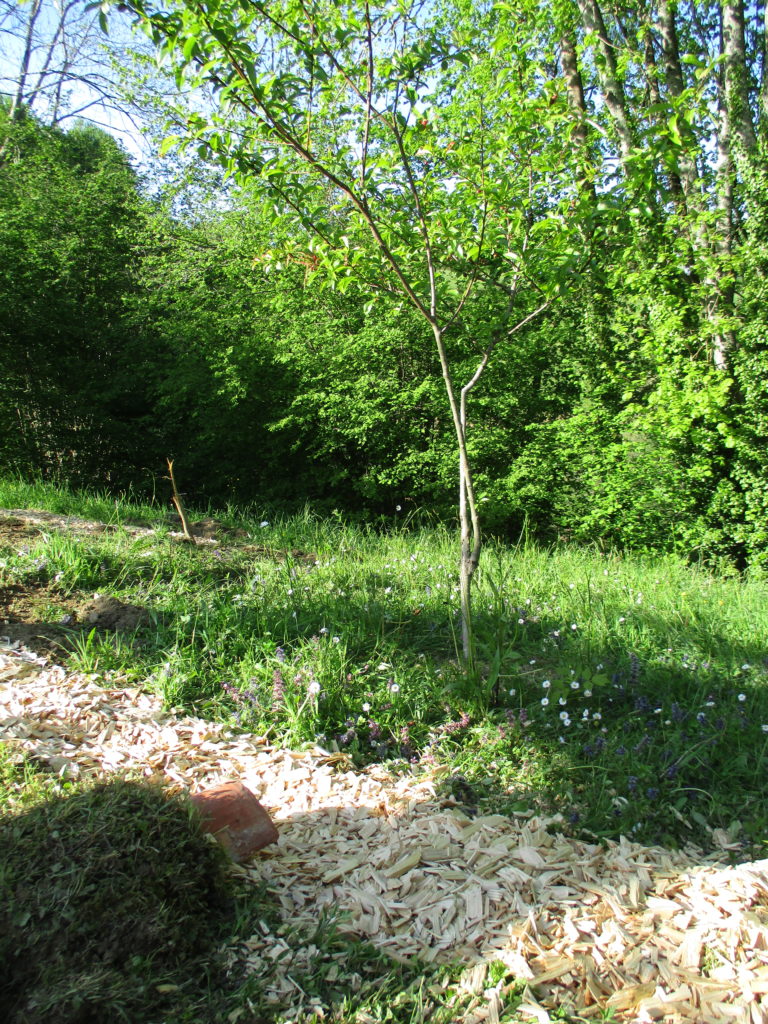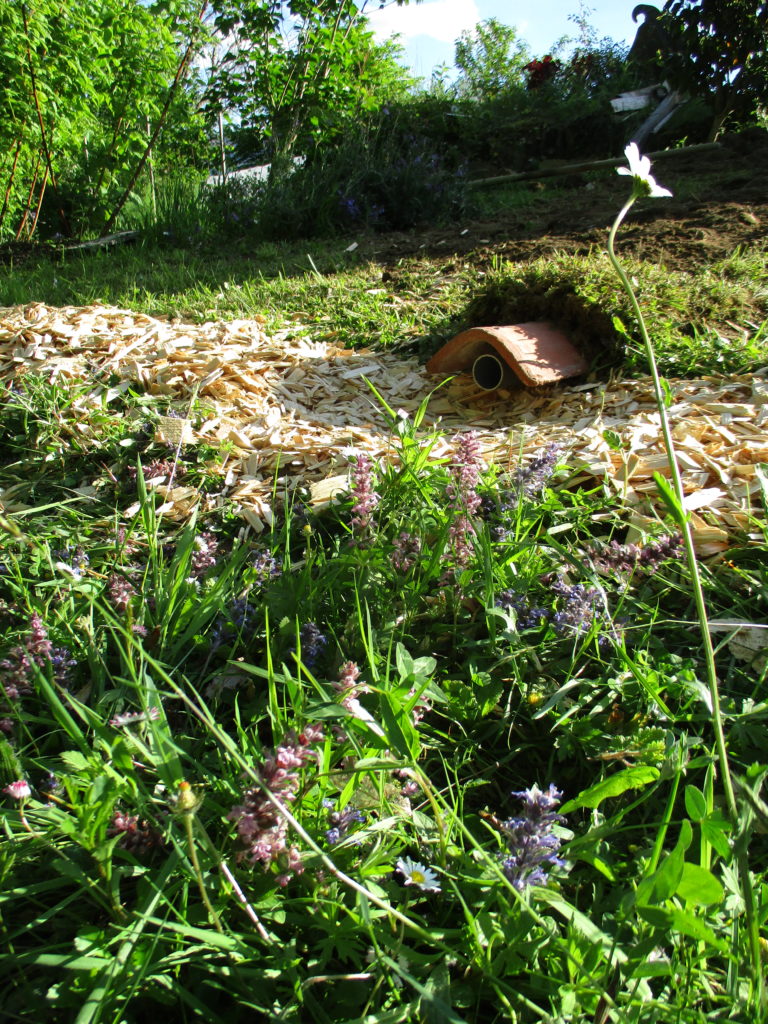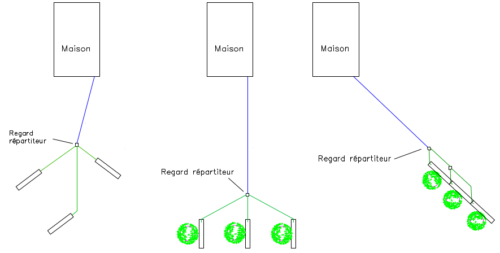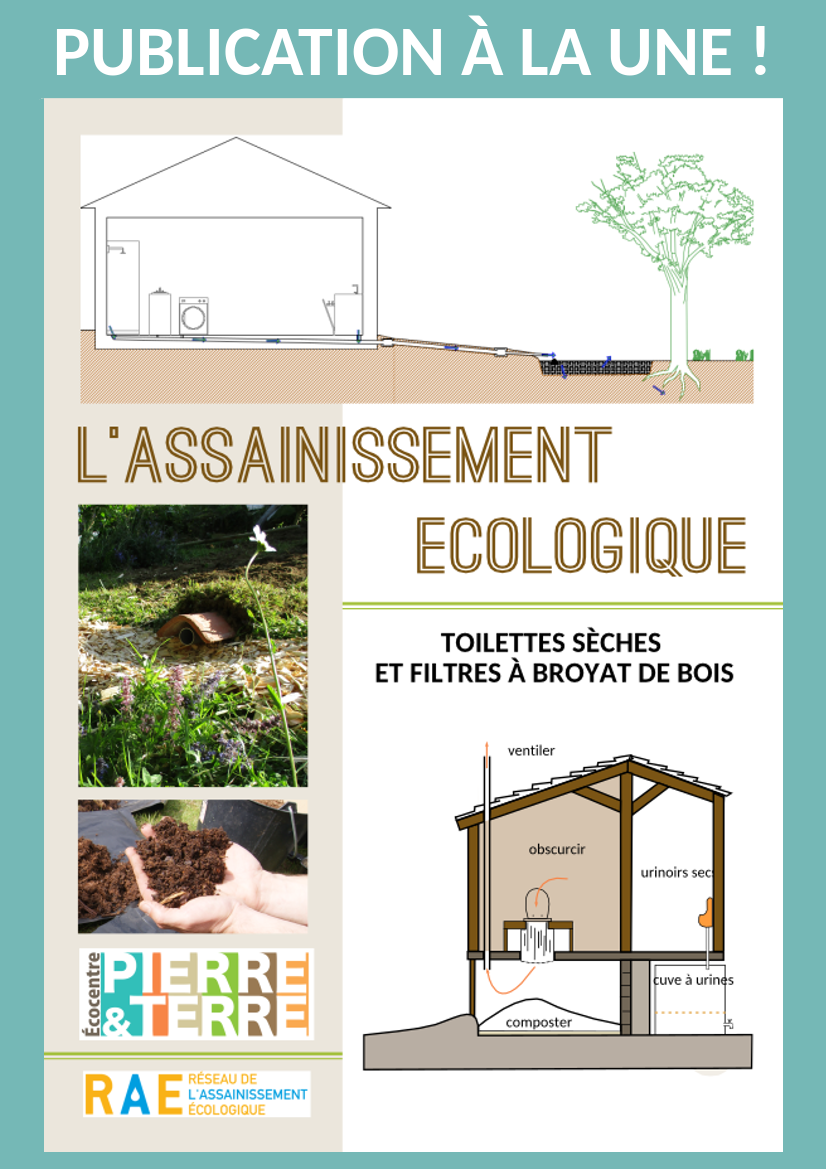The ecological sanitation’s fundamentals and challenges : to convert our toilets and wastewaters in a useful ressource !
Because health and environment are subjects of deep concern in our society, and because issues coming from water contamination and soil depletion are getting progressively more apparent, it is essential to promote sanitation methods that are based on the following principles :
- separate our human waste at source : urine, faeces and wastewaters do not mix together, which make their recycling easier.
- valorise this ressource in agriculture (productive sanitation) : these are elements with high levels of fertilizers and micronutrients that, when well-managed, contribute to our soils fertility.
- save water : people using composting toilets are especially thrifty, they use 50% less water than others. (RAE survey, may 2020)
- make the sanitation system simpler : when restricted to wastewaters, the treatment requires very few resources, uses renewable materials and is technically and financially available to the majority of households which are non connected to a water network and equipped with composting toilets.
| The woodchip filter |
The woodchip filter is the most ecological, easiest, and most affordable domestic wastewater system to implement !
This wastewater treatment system is made up of several small filters. The water inflow is realized on the surface, where soils biodiveristy is the most active.
The different filters are filled with wood chips and are alternatively fed. Wood chips role is to support the bacteria development that will cleanse the water.
A productive sanitation system
This sanitation allows us to value wastewaters because the filters were made without any sealing and nearby plantations (fruit trees, hedges,…).
Wood chips are a local and renewable resource. They enable the creation of a forest soil and a natural purification environment.



The ecological sanitation’s fundamentals and challenges : to convert our toilets and wastewaters in a useful ressource !
Because health and environment are subjects of deep concern in our society, and because issues coming from water contamination and soil depletion are getting progressively more apparent, it is essential to promote sanitation methods that are based on the following principles :
- separate our human waste at source : urine, faeces and wastewaters do not mix together, which make their recycling easier.
- valorise this ressource in agriculture (productive sanitation) : these are elements with high levels of fertilizers and micronutrients that, when well-managed, contribute to our soils fertility.
- save water : people using composting toilets are especially thrifty, they use 50% less water than others. (RAE survey, may 2020)
- make the sanitation system simpler : when restricted to wastewaters, the treatment requires very few resources, uses renewable materials and is technically and financially available to the majority of households which are non connected to a water network and equipped with composting toilets.
| The woodchip filter |
The woodchip filter is the most ecological, easiest, and most affordable domestic wastewater system to implement !
This wastewater treatment system is made up of several small filters. The water inflow is realized on the surface, where soils biodiveristy is the most active.
The different filters are filled with wood chips and are alternatively fed. Wood chips role is to support the bacteria development that will cleanse the water.
A productive sanitation system
This sanitation allows us to value wastewaters because the filters were made without any sealing and nearby plantations (fruit trees, hedges,…).
Wood chips are a local and renewable resource. They enable the creation of a forest soil and a natural purification environment.















